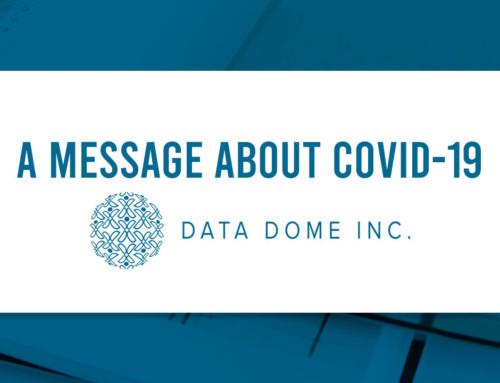A perfect match?
Making the love connection through DISC and Motivators
Happy Valentine’s Day! Human beings are fairly complex so it is never just one thing that makes the love connection, but we thought it would be fun to look at our relationships through the lens of DISC and Motivators. So, do you think the best relationships have behavioral styles and motivators that are a mirror of each other, the opposites, or maybe a little bit of both?
Let’s look at couples through the DISC lens and how they behave and interact
First, the “two peas in a pod” couple. Maybe they are both a high S. They appear to be clones of each other, seem to be inseparable and like all the same hobbies and activities. You wonder if their relationship ever gets boring? They prefer to hang out at home together watching their favorite movies or series rather than meet a large group of friends at a bar. The relationship is deep and based on trust and loyalty. They seem to only need each other and would do anything to be supportive of each other. They could also be two high Ds who enjoy the debate of an argument as much as they do making up! Or, maybe they are both a high I who have a blast together but can also seem a little scattered. Or, two high Cs that always have all their ducks in a row, but seem a little inflexible.
Next, the “opposites attract” couple. They balance and “complete” each other but others are baffled about how they make it through the day together because they are so different. Maybe one is a high D that is more assertive and enjoys a good “debate” and the other is a high S that is quiet, reflective, and avoids confrontation at all costs. Possibly one is a high I – outgoing, optimistic, “wings it,” the life of the party – and the other is a high C – more introverted, refined, logical, and a rule follower. When they first meet they are attracted to what is different in the other because deep down they wish they were a little more like what they appreciate about their partner. When they split, it is often those very same characteristics, taken to an extreme, that become the stumbling blocks that make them decide to walk away.
Finally, the “blended” couple. They seem to have one DISC factor in common and their secondary factors are opposite. They totally connect on the one factor, see eye to eye, and behave in the same way. They also truly respect and appreciate the differences that each other brings to the relationship. Maybe they both have the I factor as their most predominant and have more fun than any two people should ever have together. But one has a secondary assertive D that is willing to stand up, speak their mind, take risks, and try new things. The other has a secondary that is the quiet, calm, and supportive S that prefers stability and security over change.
So fun and interesting to think about: which couple-type are you and your love? What about your parents’ relationship? What about your siblings and best friends and their spouses? Do you think one is more successful than another? How about a past relationship that didn’t work out all that great – which “couple” were you? What are you looking for in your next relationship? (If you’re not in a committed one already!)
Let’s look at couples through the Motivators lens and what’s important to them
Some people have a Utilitarian motivation that wants to get a return on investment of money or time on their efforts. One person in the relationship may be looking for efficiencies and financial gain and that may not be important at all to the other person. Their partner’s focus on money might become annoying or it might help them see how it provides saving for retirement and a secure future.
Others have an Individualistic motivation and want to be in a position of independence, power, and control. If both people want to be the one with the power and control, the competitiveness can become stressful. If one partner takes the lead and the other prefers to follow and support, it could be a match made in heaven.
With a Social value motivation, they will want to freely give their time and talent to help others. They are always looking for ways to assist, volunteer, coach, and mentor. If both are motivated by a high social value, they may enjoy building houses for Habitat for Humanity, working at the Special Olympics, or coaching their kids’ sports team together. On the other hand, if one is a high Utilitarian, they may strongly dislike the other giving their money away to charitable causes.
Those with a Theoretical motivation love to learn and discover the truth. They may be a Trivial Pursuit expert, read constantly, and enjoy researching just about everything. One may wish the other didn’t always have their head in a book and occasionally come across as a “know-it-all.” But they probably benefit greatly from their partner’s research: very little buyer’s remorse, great vacations, and who needs Google when you have a high Theoretical partner?!
One other love connection which should be kept in mind
People initially “fall” in love with who you are but they stay in love with how you make them feel. You might initially meet someone and are attracted to how funny, smart, attractive, successful, and self-confident they are. If they make you feel anything less than that, head for the hills! If they make you feel funnier, smarter, more attractive, successful, and confident than you already are, keep them close because they might just be the true love connection you are looking for!







